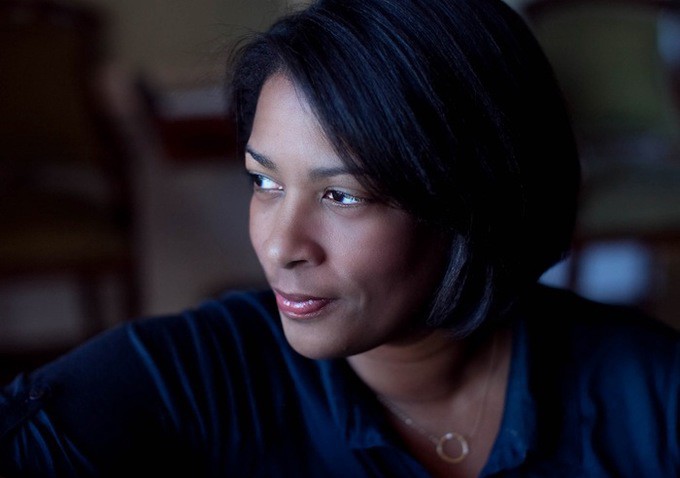Women directors comprised five of the seven awardees of the Catapult Film Fund, which “provides development funding to documentary filmmakers who have a compelling story to tell, have secured access to their story, and are ready to shoot and edit a piece for production fundraising purposes.”
The awardees include Detropia and Jesus Camp co-director Heidi Ewing and Gideon’s Army director Dawn Porter along with TV and documentary short directors May Abadalla and Vaishali Sinha, as well as Oscar-nominated Cynthia Wade.
Further evidence that the documentary world is the most inclusive field in the film industry comes from the fact that the majority of the female awardees were women of color.
Below is the list of female filmmakers and short descriptions of their winning projects:
May Abdalla’s A Very Cold War is set at the frontline of the fast changing Arctic. As the UN decides how to divide up state sovereignty into the High North we travel into the lives of American entrepreneurs, Danish scientists and Russian priests who are investing in the thawing ice and the young island man who is trying to stop them. A timely documentary about the race for the last frontier.
Vaishali Sinha’s Ask the Sexpert (working title) is a feature documentary centered on a highly popular sex column in a daily newspaper in India. Despite sex being a taboo topic in India, the column’s brand of non-moralistic advice and humor has emboldened many to write in with their questions. Highlighting a dance between desire and censorship, the personal narratives in the film play out against the backdrop of the heated debate over sexuality and sex education in India.
Cynthia Wade’s Mudflow is the story of a giant, spewing, hot toxic mudflow in Indonesia, believed to be caused by poorly executed natural gas drilling. This eruption is one of the largest man-made disasters of recent times, yet relatively unknown beyond Indonesia. The mud volcano has been erupting violently for more than seven years, swallowing schools, villages and factories. It has permanently displaced 35,000 people and international scientists believe the mudflow will continue for another 20 years.
In Heidi Ewing’s The Arrivals, two young, gay men leave comfortable lives in Mexico and make the dangerous journey to the USA so they may be openly together. But now they must make a grueling decision that cannot be reversed.
Dawn Porter’s Trapped explores how, in recent years, states have enacted a record-breaking number of laws aimed at restricting access to abortion. If successful, these laws would substantially reduce the number of licensed abortion clinics in the United States. Trapped follows the progress of two Southern abortion clinics — Reproductive Health Services of Montgomery in Montgomery, Alabama, and the Jackson’s Women Health Organization in Jackson, Mississippi — as they struggle to stay open in the face of an increasingly hostile legal and political climate.






